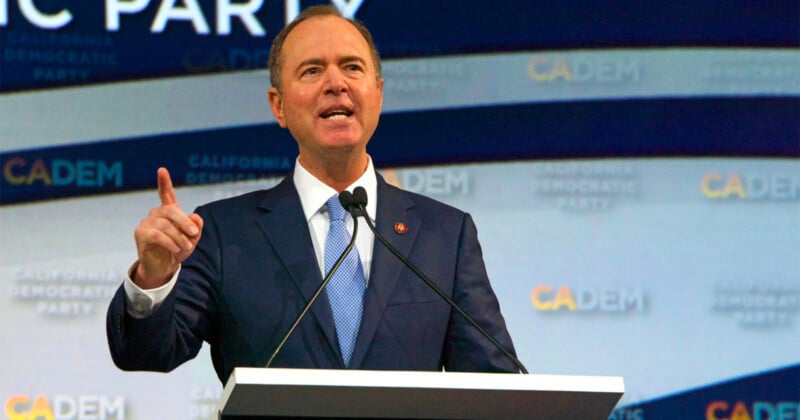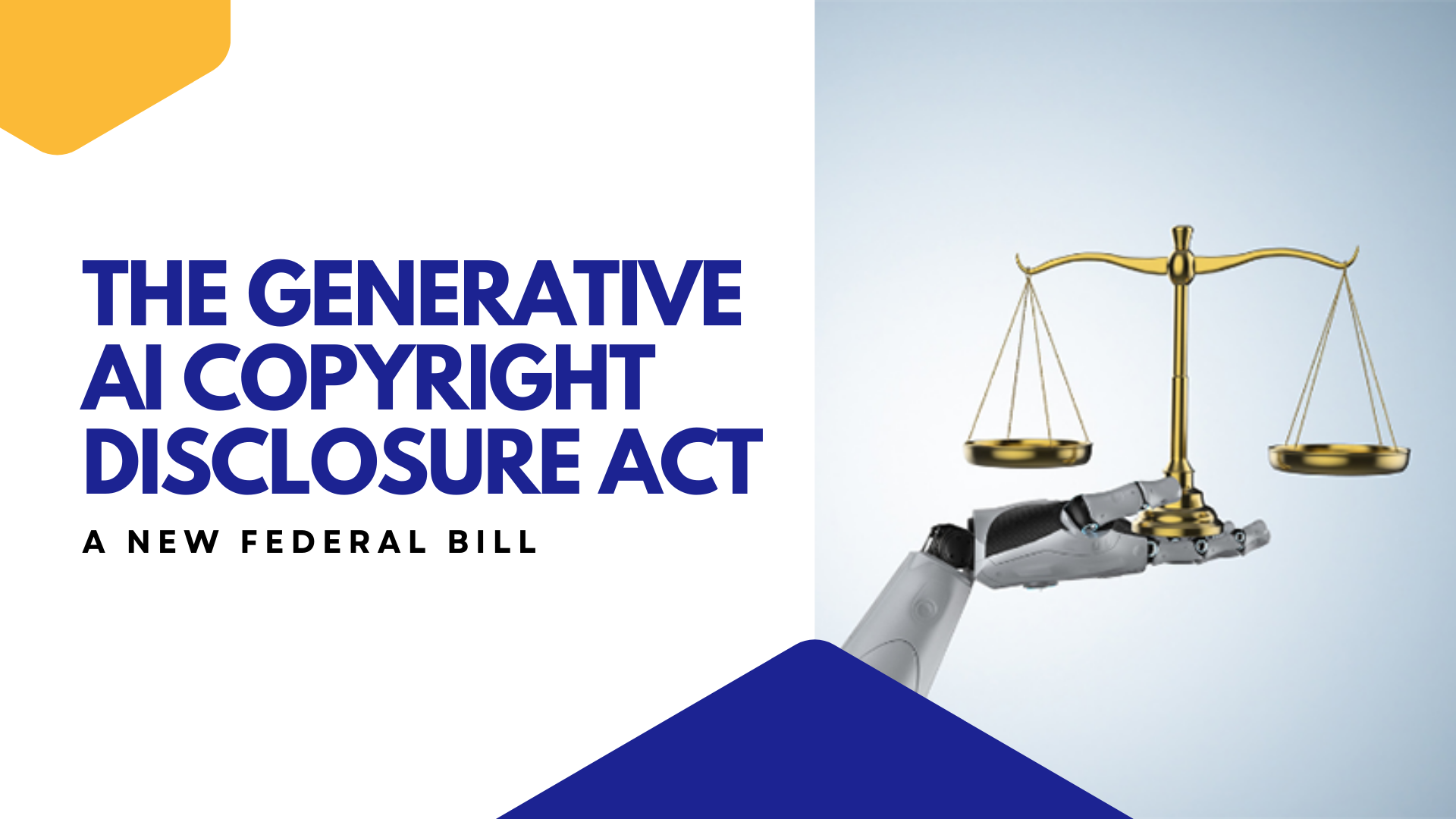In the fast-paced landscape of artificial intelligence (AI) development, the intersection of technology and creativity has sparked a vital conversation about intellectual property rights. Recently, a significant development emerged with the introduction of the Generative AI Copyright Disclosure Act, aimed at safeguarding creators’ rights in the realm of AI. Let’s delve into what this Act entails and its implications for creators, AI companies, and the broader digital ecosystem.
The Genesis of the Generative AI Copyright Disclosure Act

Introduced in response to growing concerns about the use of copyrighted materials in AI training datasets, the Generative AI Copyright Disclosure Act seeks to enhance transparency and accountability in the AI industry. Sponsored by Representative Adam Schiff (D-Calif.), the bill mandates that AI companies disclose the copyrighted works utilized to train their generative AI models. The Act requires companies to submit detailed lists of copyrighted materials to ensure fair recognition and compensation for creators’ development.
Key Provisions of the Act

The Generative AI Copyright Disclosure Act includes several critical provisions designed to protect creators’ rights and promote ethical AI practices.
Copyright Law
- The bill mandates that AI companies disclose the copyrighted works utilized to train their generative AI models. This requirement is a proactive measure to shed light on the incorporation of copyrighted materials in AI training datasets.
- Its primary objective is to ensure that creators are informed when their copyrighted works are employed in AI training. This will enable them to seek fair compensation for their contributions.
- Importantly, the bill does not prohibit the use of copyrighted works in AI training. Rather, it seeks to establish a framework for transparency and accountability in this process.
Intellectual Property Law
- Addressing concerns over unauthorized use of copyrighted works by major AI companies, the bill provides a mechanism for copyright holders. This is to monitor and potentially enforce their rights against such unauthorized usage in AI systems.
- Moreover, It aims to safeguard their intellectual property rights in the digital realm as they have more control over their works.
Regulatory Framework for AI
- The Generative AI Copyright Disclosure Act is viewed as a crucial initial step in formulating ethical guidelines for AI technology.
- It seeks balance between harnessing the benefits of AI and ensuring that the rights and contributions of creators are respected.
- If passed, the bill’s disclosure requirements could lead to more regulations on AI companies’ use of copyrighted and intellectual property. This will set a precedent for responsible AI development and deployment.
Ensuring Compliance with the Act

As individuals navigate the requirements of the Generative AI Copyright Disclosure Act, proactive measures are essential to ensure compliance and uphold the rights of creators. Therefore, here are three main suggestions to help individuals adhere to the Act’s mandates:
- Conduct comprehensive audits of AI training data. Begin by conducting thorough audits of AI training datasets to identify any copyrighted works used in the development of generative AI models. Additionally, document all copyrighted materials, including specific works, owners, and licensing status, to ensure accurate disclosure to the Copyright Office.
- Establish robust compliance processes. Implement robust compliance processes to track and disclose the use of copyrighted works in AI training data. Develop procedures for filing required notices with the Copyright Office at least 30 days before releasing new or updated AI models, ensuring timely and accurate compliance with the Act.
- Prioritize transparency and engagement. Foster transparency and engagement with copyright holders by proactively reaching out to obtain necessary permissions or licenses for the use of copyrighted content in AI training datasets. Also, demonstrate good faith efforts to collaborate with creators and ensure fair compensation for their contributions to AI development.
Ahem. In essence, as the Generative AI Copyright Disclosure Act paves the way for greater transparency and accountability in the realm of artificial intelligence, individuals must proactively engage in ensuring compliance with its mandates. By conducting comprehensive audits of AI training data, establishing robust compliance processes, and prioritizing transparency and engagement with copyright holders, individuals can contribute to the protection of creators’ rights and the promotion of ethical AI practices. Embracing these principles fosters a more equitable and respectful AI ecosystem, where innovation flourishes while upholding the integrity of intellectual property rights in the digital age.

